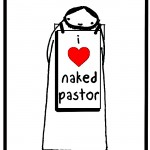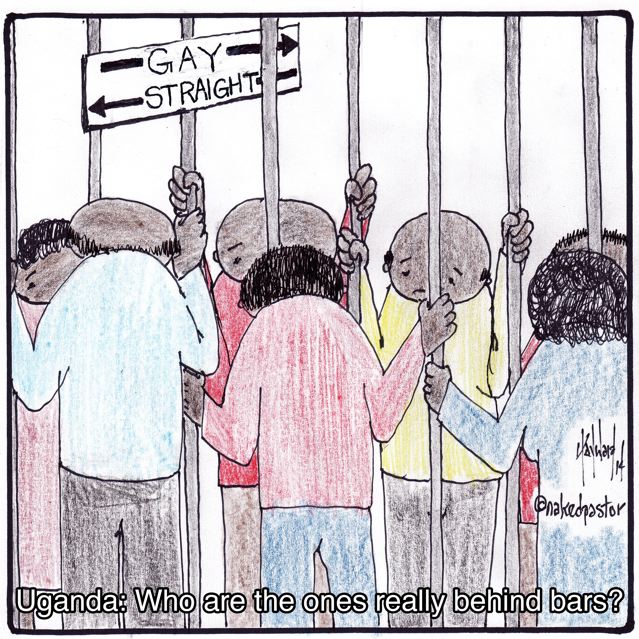Many religious leaders bemoan the fact that some people are trying to find community online rather than locally. They feel that this is false, superficial and actually depreciates real community with a geographic location. They feel that such a person doesn’t understand, value or benefit from a physical community.
I’ve come to the conclusion that online communities are very much the same as local communities. What I mean to say is that in many ways my “church” at nakedpastor behaves the same way as my local congregation did. It’s almost uncanny!
So, whether we are willing to admit it or not, here are just some of the similarities:
- People will be just as committed to the online community in terms of involvement as they are locally. People vote with their feet (and their money, but that’s for later). People can’t be forced to stay.
- People will give money only when they feel like it. Required tithing in a local congregation is matched by subscription or membership fees online, or continual pressure to give online.
- People will help others in the community when they feel like it. I’ve seen all kinds of different kinds of help passing hands online at nakedpastor… things like a listening ear, encouragement, prayer, money, gifts, and just plain old time.
- People will change the quality of the community for good or bad. In other words, some people will enhance the community with love, care and kindness, and some will challenge the community by being belligerent, nasty and even abusive to others. They use their anonymity as a cover for their cruelty.
- People will bring their own theological or ideological mindsets to the community and are naturally very resistant to change. They will change their minds on their own terms. Acquiescence often conceals doubt or even disagreement in order to conform and continue in the community.
- People will form tighter relationships and even friendships within the online community, just like locally. Some might even have affairs with one another. Maybe the blogger will run off with one of his members.
- People will express their own opinions and contribute to the development of the community if given a chance. In fact, online communities are excellent for this kind of community. However, as with the local scene, online communities will for the most part attract similar readers and members, unless the moderator endeavors to provide a context for diversity of opinion, thought, belief and expression.
- People will, if they desire it, develop a personal and working relationship with the blogger to the extent they are allowed. Having online pastors, spiritual directors, priests, ministers, Imams, Rabbis, gurus, etc., can be a positive thing.
- People will, for the most part, respond negatively to feeling victimized by the website’s moderator and the community. If they feel they are being pressured into adopting the writer’s point of view or to embrace their vision without their own approval, they will leave freely, as they should
- People will, for the most part, respond positively to wise oversight and diligent moderation of the community.
Get fine art prints of my cartoons.
Get my fine art.
Get my t-shirts.











